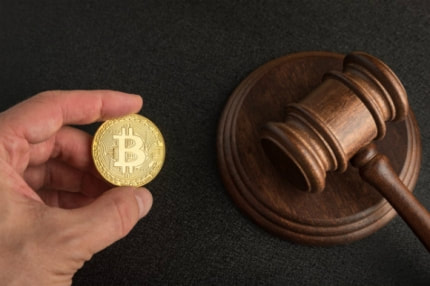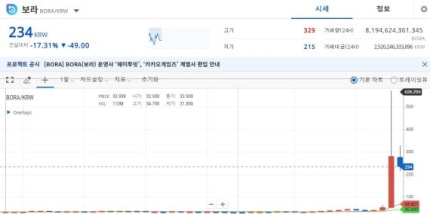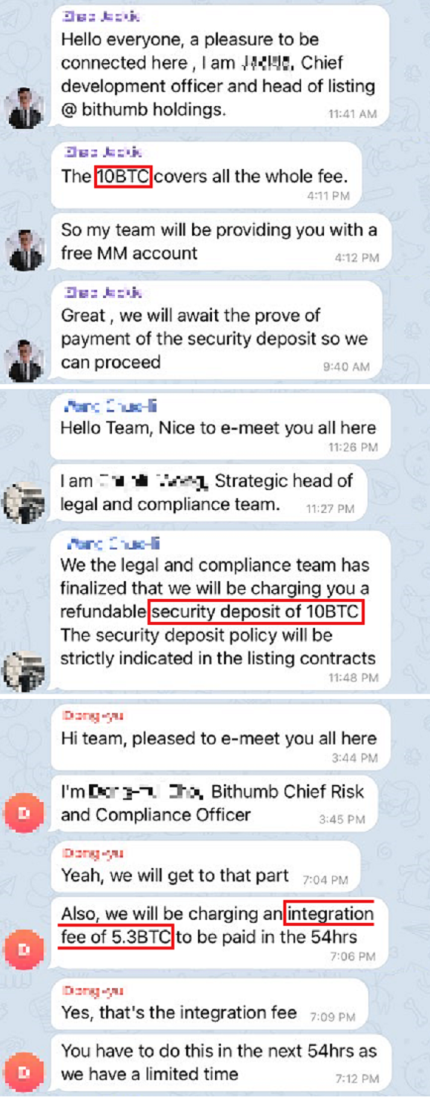Korean Special Information Act Law Enforcement, Points to Note for Virtual Asset Investors3/17/2021 As the amendment bill of the Specific Financial Information Act (Special Act) that regulates virtual asset business operators is being implemented from the March 25th, attention is also focused on whether there are any points that general investors should pay attention to.
0 Comments
As interest in the virtual asset market, such as the surge in bitcoin this year, increased rapidly, the amount of daily virtual asset transactions in Korea exceeded 8 trillion won. This is an increase of more than eight times from the average daily transaction amount of 9,759 billion won last year.
Last week, in foreign media dealing with the news of virtual assets, the expression “worst week” came out a lot. This is because bitcoin's decline was large, and the price of bitcoin (BTC) based on the coin market cap has fallen by more than 18% over the past week.
On the 19th, the daily trading value of the Upbit (www.upbit.com) won market exceeded 10 trillion won. The most traded stock on this day was BORA, which traded over 2 trillion won in the last 24 hours, and the daily increase rate recorded 433%. Paycoin, which increased 25 times in the day before, was traded at 1.4 trillion won on Upbit that day, and plummeted 46.41%.
Bithumb (www.bithumb.com), a virtual asset exchange, is aggressively responding to illegal listed brokers.
|
AuthorDongWon KWAK. Korea Venture Capital and Startup Expert. Archives
January 2023
Categories
All
|





 RSS Feed
RSS Feed

